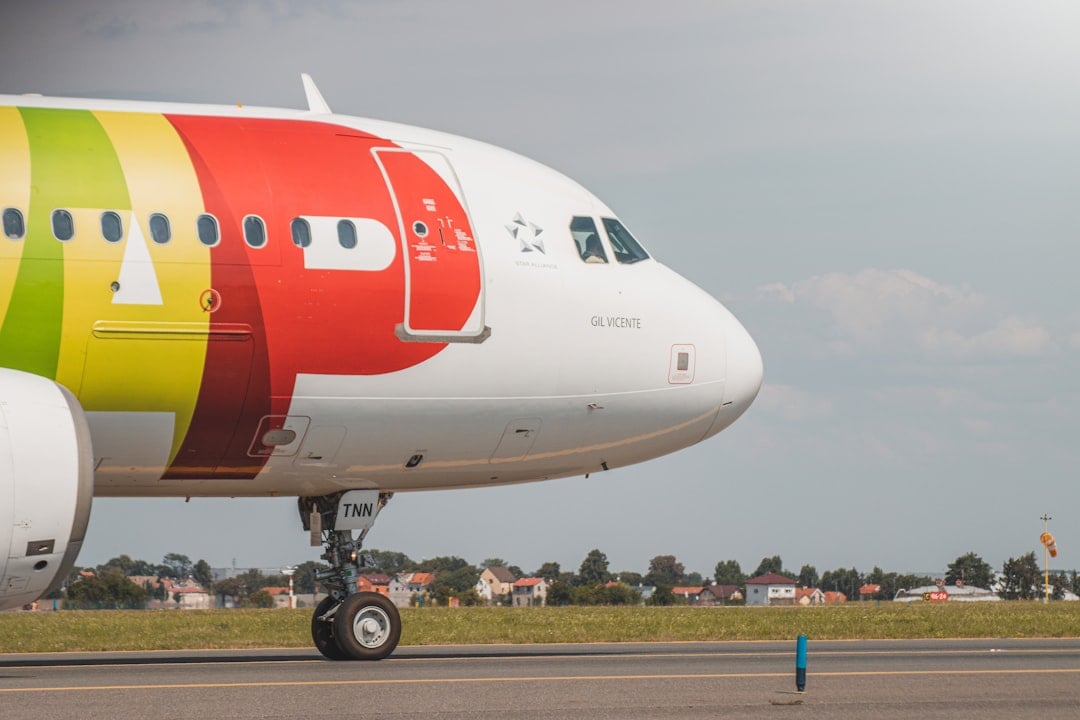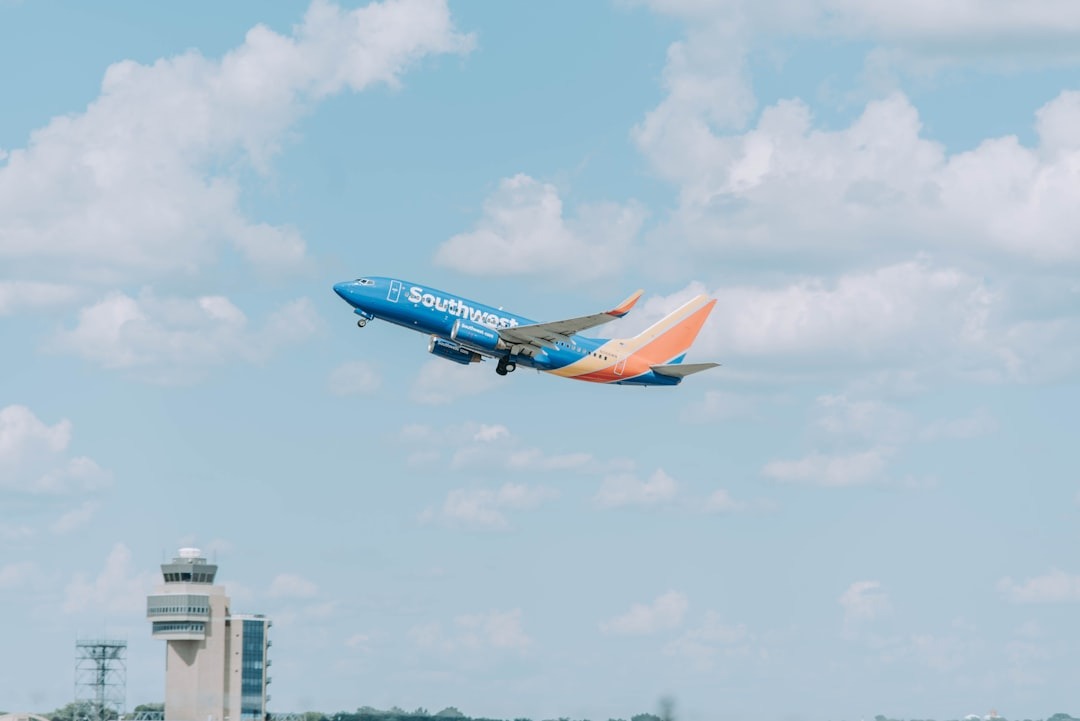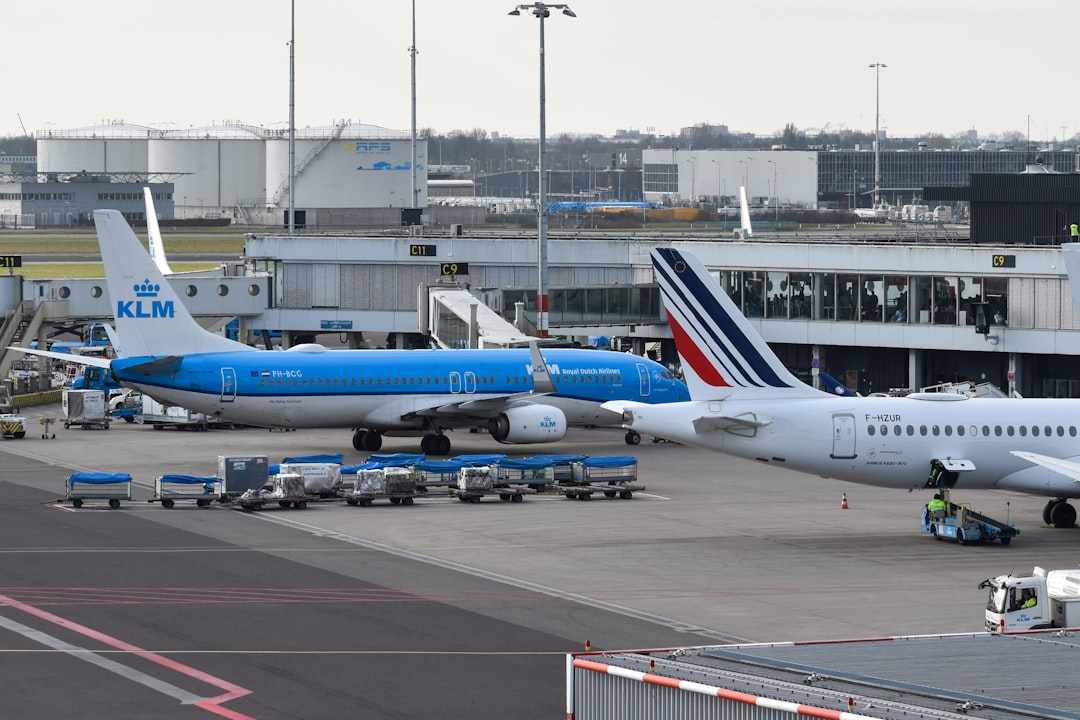(PORTUGAL) Portugal’s busiest airports face renewed labor unrest through the fall and winter travel seasons, with ground handling staff planning fresh strikes from September 2025 through January 2026. The actions, confirmed by union notices and travel advisories, are expected to concentrate on weekends and holiday peaks, including Christmas and New Year.
After a last-minute deal canceled the summer 2025 stoppages, the dispute has resurfaced, raising the risk of delays, cancellations, and baggage problems at Lisbon, Porto, Faro, Madeira, Porto Santo, and the Azores.

Who’s involved and their positions
- SIMA (union): Represents ground handling and airport support workers. Their demands include:
- Higher wages
- Proper night shift pay
- Safer working conditions
- Menzies Aviation (employer): Manages ground operations at many Portuguese airports. The company:
- Rejects the union’s claims
- Says it follows labor law
- Is preparing contingency plans to keep flights moving
- Ministry of Labour (government): Acted as mediator to defuse August actions and restore normal operations at Lisbon, Porto, Faro, and Madeira. However, no new agreement covers the fall/winter period, leaving airlines and passengers bracing for disruption.
SIMA accuses company leaders of refusing to bargain in good faith, calling their approach “arrogant” and “calculated.”
Menzies says it respects agreements and argues the union is spreading misinformation.
Official advice and alerts
Authorities and industry groups advise passengers to plan for uneven service, especially on strike weekends.
Expect possible schedule changes, long lines, and late or missing checked bags.
- During earlier stoppages, some flights left without baggage loaded due to staff shortages.
- TAP Air Portugal and other carriers relying on ground services could face delays at:
- Boarding
- Baggage handling
- Ramp operations
Airport operator ANA urges travelers to track flight status and arrive early. The U.S. Embassy also warns of likely disruption through January. For official alerts to U.S. citizens, see the embassy’s notices at the U.S. Embassy in Portugal.
What travelers should expect through January 2026
The current strike window covers September 2025 to January 2026, with actions expected to cluster around weekends and major holidays. While some stoppages could still be suspended if talks progress, passengers should plan as if the strikes will go ahead unless an official cancellation is announced.
Airlines may respond by:
1. Consolidating flights
2. Swapping aircraft
3. Adjusting crew schedules
However, ground bottlenecks often spill into check-in, security, boarding, and baggage claim. Families connecting domestically or to islands like Madeira and the Azores should allow wider buffers between flights.
Key operational risks include:
– Delays and cancellations: Crew duty limits and turnaround slowdowns can cascade throughout the day.
– Baggage issues: Bags may be delayed or offloaded; some flights could prioritize passengers over luggage.
– Customer service strain: Airline counters and call centers may face surges when changes roll out.
Past disruptions in July and early August 2025 showed how quickly schedules can unravel, with hundreds of flights canceled or delayed and the greatest pressure at Lisbon’s Humberto Delgado Airport. Summer strikes slated for mid to late August were canceled after SIMA and Menzies reached a temporary understanding under government mediation, but that truce did not resolve core demands.
As of August 31, 2025, no fresh agreement covers the new strike window.
Guidance for passengers during strike periods
In a period marked by rolling stoppages, smart preparation reduces stress. Practical steps include:
Before you book:
– Choose flexible or refundable tickets, or use fares that allow free same-day changes.
– Avoid tight connections, especially when changing between international and domestic flights within Portugal.
– Consider morning departures, when operations may be less disrupted by earlier delays.
In the days before travel:
– Confirm flight status 24–48 hours before departure and again on the day of travel.
– Set up airline app alerts and check ANA airport notices for updates.
– If possible, travel with carry-on only to avoid baggage delays or offloads.
On the day:
– Arrive at least 3 hours early for international flights and 2 hours for domestic or island routes.
– Expect long queues at check-in and security; pack patience, snacks, and any required medications in your cabin bag.
– Keep boarding passes and ID handy, and watch gate screens for last-minute changes.
If your flight is changed or canceled:
1. Contact your airline immediately through the app, website, or airport desk for rebooking.
2. Keep receipts for meals, transport, and lodging tied to the disruption in case compensation applies under airline policies or EU rules.
3. Ask the airline about re-routing to alternative airports within Portugal when possible.
For U.S. citizens, embassy officials recommend registering in the Smart Traveler Enrollment Program (STEP) and tracking alerts. Official advisories and contact details appear at the U.S. Embassy in Portugal.
Background, likely next steps, and traveler implications
The dispute dates back to 2024–2025, when Menzies took over parts of the former Groundforce operation. Workers say pay and night-work compensation lag behind the demands of a busy ramp environment. Management maintains it follows applicable rules and is investing to keep service going during industrial action.
The Ministry of Labour, which mediated the summer breakthrough, is expected to reconvene talks; however, no agreement currently covers the upcoming strike window.
Travel planners warn that the Christmas and New Year rush is particularly vulnerable if weekend stoppages coincide with peak leisure travel. Tour operators suggest building a one-day cushion for critical events—weddings, cruises, or long-haul connections—so a canceled flight does not ruin the trip.
According to analysis by VisaVerge.com, travelers are more likely to avoid trip-ending problems if they:
– Carry essentials in hand luggage
– Choose flexible fares
– Keep backup routes in mind across Portugal’s network of airports
While last-minute cancellations of planned strikes are possible, public statements so far point to a tense autumn. If progress comes, it will likely follow renewed mediation, with the government seeking to maintain airport continuity while the union pushes for a pay framework that reflects rising living costs and overnight work.
Until then, travelers should assume intermittent disruption through January 2026 and act early when airlines offer rebooking options.
Practical summary and final tips
- Portugal remains open for business and tourism, but expect operational strain on strike weekends.
- Best practices:
- Check early, arrive early, and travel light.
- Monitor airline and airport messages closely.
- Families with strollers, seniors, and travelers needing assistance should alert airlines in advance so support teams can prepare.
- Business travelers with time-sensitive plans may wish to consider remote alternatives or alternate dates.
In a country where aviation links the mainland to islands and global markets, workers and managers both say they want safe, reliable service. For now, the best course for passengers is simple: plan ahead, travel light, and keep a close eye on airline messages.
This Article in a Nutshell
Ground handling staff in Portugal, organized by SIMA, have announced coordinated strikes from September 2025 through January 2026, concentrating on weekends and holiday peaks such as Christmas and New Year. Their demands include higher wages, night shift pay and improved safety. Menzies Aviation disputes the claims and says it adheres to labor law while putting contingency measures in place. The Ministry of Labour mediated a summer truce but has not secured a new agreement for the upcoming period. Travelers should expect delays, cancellations and baggage problems at main airports including Lisbon, Porto, Faro, Madeira and the Azores, and are advised to book flexible fares, confirm flight status close to departure, travel with only carry-on when possible, and allow extra connection time. Airlines may consolidate flights or adjust crew, but ground bottlenecks can still disrupt operations. Monitor official airport, airline and embassy notices for updates and rebooking options.














Other places to visit. Good luck with with your tourist industry